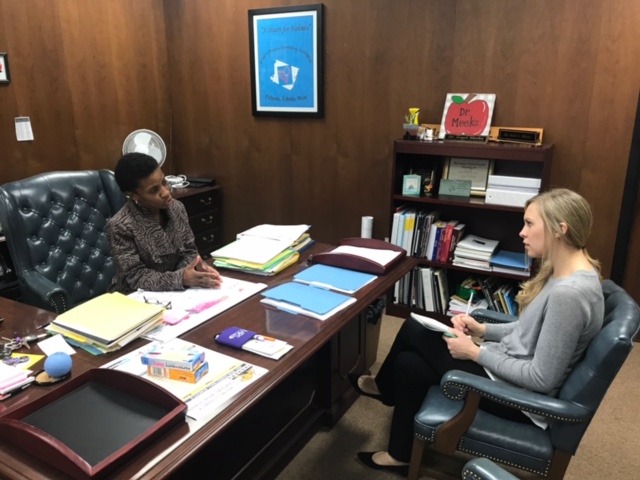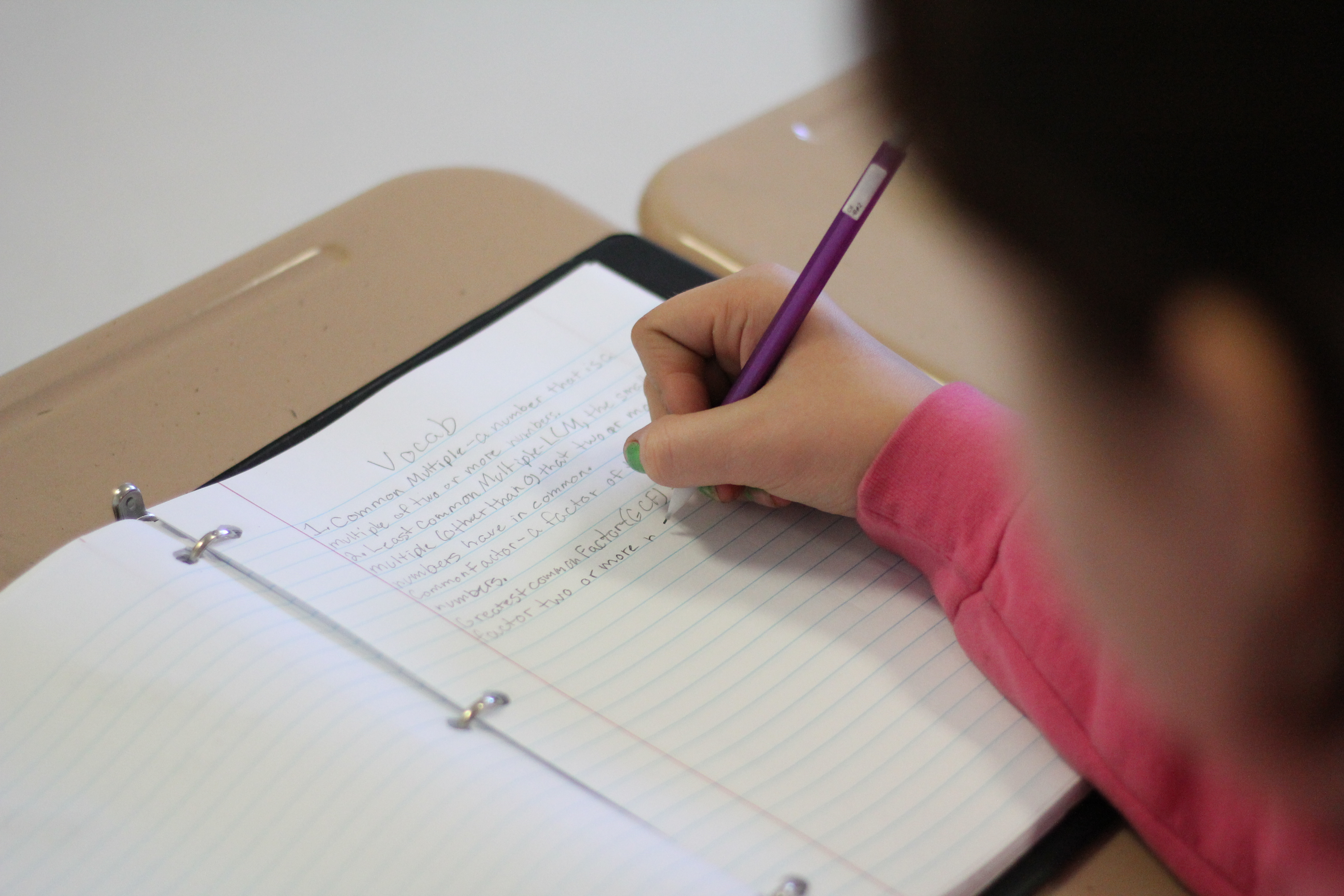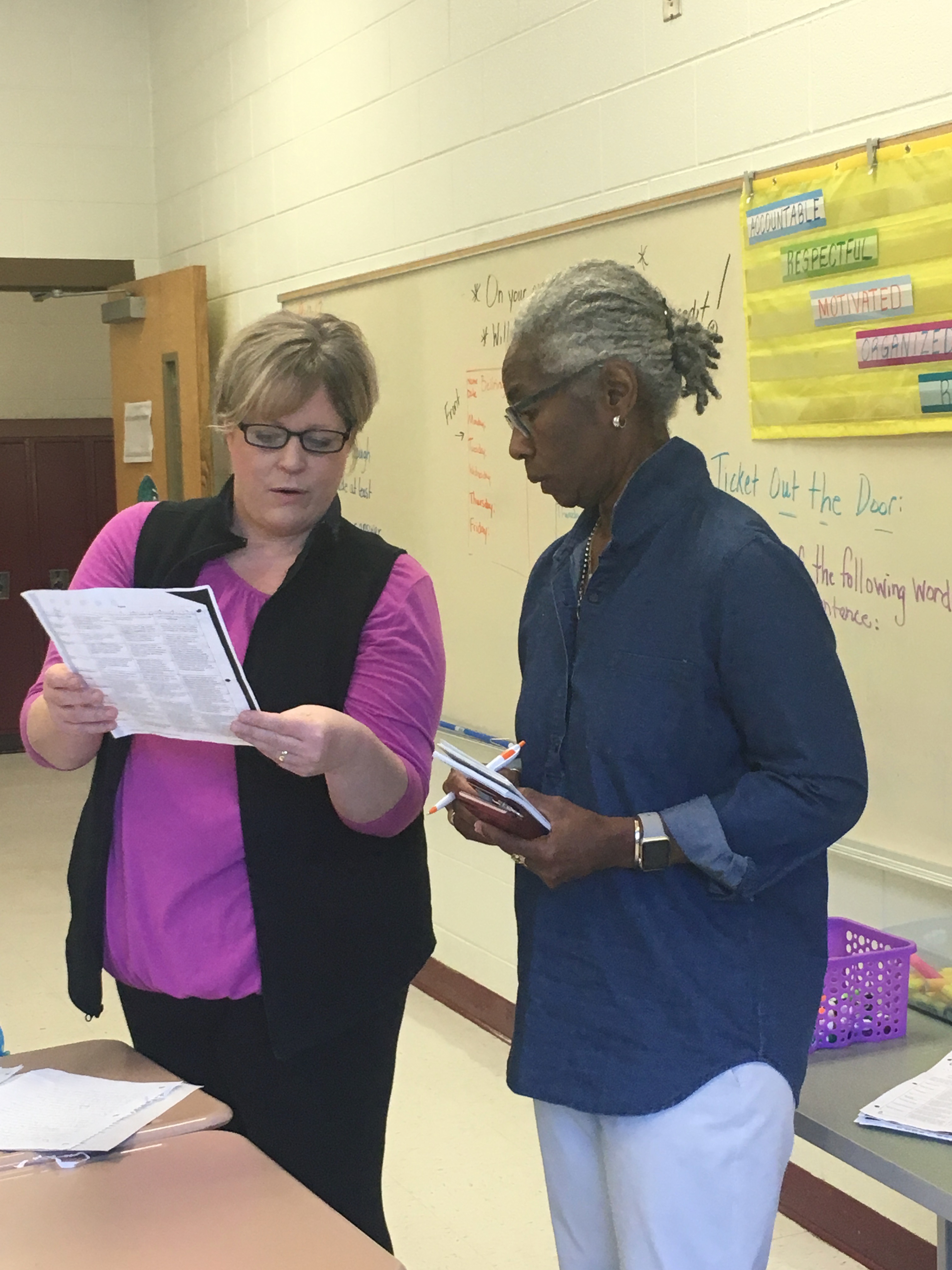
Holding power to account through nonprofit journalism
Lillian Mongeau is Membership Manager at The Hechinger Report. The Hechinger Report is currently one of more than 100 organizations participating in News Match, a national matching gifts campaign to encourage grassroots support for nonprofit news organizations.
As journalists, we know that history-altering change can occur when those in power are held to account and those without power are offered a voice in the public square.
At The Hechinger Report, we believe the story of our education system and the children it serves is the story of our future. As a nonprofit news organization, our work is to tell that story honestly and in-depth. We provide nuanced, careful reporting to help students, families, educators and policymakers make thoughtful, informed decisions.
But informing an audience of people who are personally invested in education is only one part of our mission. Our distribution model — which involves co-publishing with a growing roster of national and local media partners — means that we are also working to keep the broader audience of American taxpayers informed about just how the $634 billion the United States spends on public education gets used.
Our reporters aren’t satisfied with “desk stories.” They travel the country to be inside classrooms and learn, first-hand, from teachers, students and families. In 2016 alone, we earned 12 journalism awards for work ranging from a multi-part investigation of child care in Mississippi to a story about Chinese immigrant students told with the help of an interactive video game.
The work we do is critical to the future of our democracy. But it is not free. To create the thoughtful, long-form reported work we have become known, we must pay for plane tickets and economical lodging, plus fair wages for our dedicated and expert staff. (Our employees value working for us so much that, in seven years, no one has left.) We must pay fees to obtain public records for our larger investigations, hire programmers to tackle interactive storytelling projects and cover freelance reporter costs to extend our capacity.
Right now, the majority of our funding comes from about a dozen foundations, which provide subject-area grants to cover issues such as higher education and innovative teaching practices. The variety of foundations who support us guarantees our editorial independence to follow the stories we think are the most important. We are grateful for their support. Yet, we must further diversify our funding sources to survive and thrive as an independent source of education news.
That’s where our readers come in. Last year, we raised nearly 1 percent of our budget from reader donations. We also launched a membership model, offering small perks, like an exclusive newsletter, to readers who donate.
Reader-donated funds offer us greater latitude to pursue stories outside of our regularly scheduled coverage. For example, with the funds raised last year we hired a reporter to write about a county in West Virginia that has gone through profound changes in the last several decades and which may have found a way out of hardship using a model that others are already emulating. The resulting three-part series — available soon — is just one example of the detailed and insightful reporting we can accomplish… with readers’ help.
N
-
Journalism / Article
-
Journalism / Article
-
Journalism / Article
Recent Content
-
Journalismarticle ·
-
Journalismarticle ·
-
Journalismarticle ·








